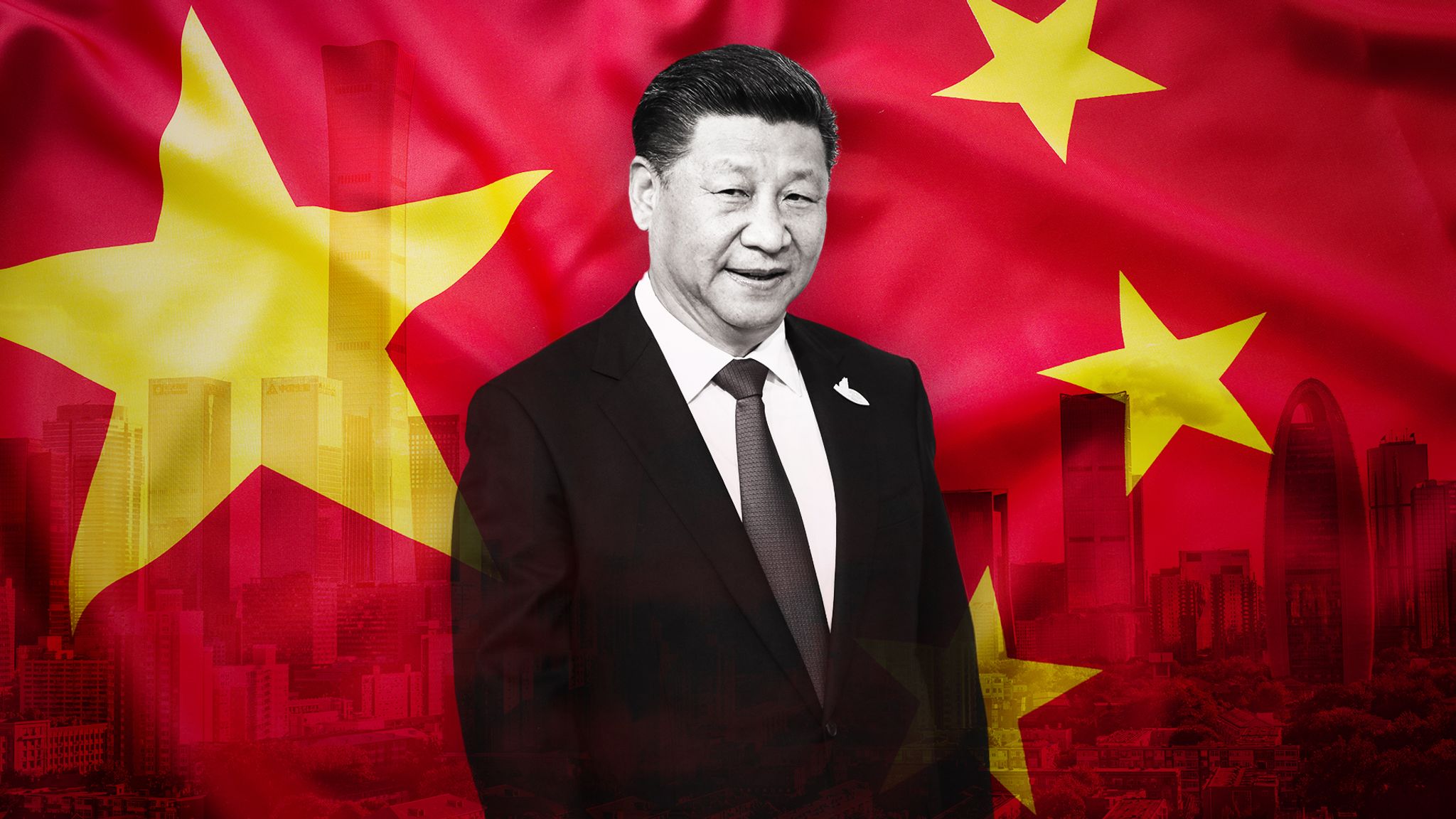Salem AlKetbi: China’s Path to Global Prominence

Ever since the Saudi-Iranian agreement was made public with Chinese mediation, there have been ongoing analyses about the significance of this development, which marks a major shift in international relations. Some opinions suggest that China’s mediation is a clear signal of their emergence from decades of self-imposed isolation and navel-gazing, as reported by The Guardian.
Chinese President Xi Jinping’s statement, “The great rejuvenation of the Chinese nation has entered an irreversible historical process,” made during his speech to the Chinese parliament, has piqued the interest of many experts and specialists. They’ve connected it to China’s expanding involvement in a variety of subjects and discussions.
China has made a remarkable comeback on the global stage despite the challenges posed by the COVID-19 pandemic. While China’s influence in Africa has been on the rise in recent years, with the establishment of over 25 Chinese cooperation zones across 16 African countries, attracting 623 companies with a total investment of $7.3 billion and trade between China and Africa reaching $254 billion in 2021, the world is now focused on China’s growing presence in the Gulf region. This region is strategically significant as a global energy resource and has been under American influence for decades.
It seems apparent from the evidence that the Saudi-Iranian agreement won’t be the only card that China plays to bolster its sway in the Gulf region. According to reports, one of the outcomes of the recent agreement is Chinese diplomatic efforts to control the situation in Yemen.
The Chinese President is anticipated to make a trip to Tehran, where Beijing aims to secure the safety and steadiness of a region that provides about half of its energy requirements.

As per a Chinese expert, China’s massive soft power is the driving force behind its global presence, centered on the Belt and Road initiative. Since its launch in 2013, this project has been a catalyst for Chinese influence worldwide, with investments and undertakings spanning from East Asia to Europe, through Africa and the Middle East. It features both the land-based and sea-based Silk Road, connecting Chinese industrial and economic hubs to commercial and marketing centers in Asia, Europe, and Africa. China has spent approximately $200 billion on the plans and activities associated with this initiative in over 60 nations.
China proceeds with confidence in the Gulf region, drawing on strategic alliances with both the Gulf Cooperation Council nations and Iran. Additionally, China enjoys widespread acceptance, partly due to the rapid decline of American influence, resulting from a series of repeated and persistent errors committed by successive US administrations since their endorsement of the chaos and unrest that erupted in numerous Arab countries in 2011.
Although American intelligence sources warn of China’s readiness to invade Taiwan by 2027 or possibly earlier, despite recent US predictions, China’s rise to the top of the global system is based on multiple pillars of comprehensive power. This suggests the difficulty of buying into the US timeline estimates regarding Taiwan’s invasion unless the US provokes China in a way that compels it to execute its plans to reclaim the island.
READ: Tunisia drifts towards Russia-China-Iran sphere with Assad plan
China’s growing dominance in terms of strategic power indicators makes it challenging for the Chinese leadership to pursue a war that could potentially impede the country’s ascent to the top of the global hierarchy.
President Xi Jinping’s commitment to developing the Chinese military into a “great wall of steel that effectively safeguards national […] interests” at the start of his third presidential term does not necessarily imply an immediate plan to invade Taiwan.
This also does not negate the possibility of China having pre-emptive strategies in place to take over Taiwan, as Beijing’s ultimate goal is to reunify the island with the mainland as part of its larger vision of One China.
The author is an UAE political analyst and former Federal National Council candidate – and a regular contributor to Maghrebi
Want to chase the pulse of North Africa?
Subscribe to receive our FREE weekly PDF magazine












